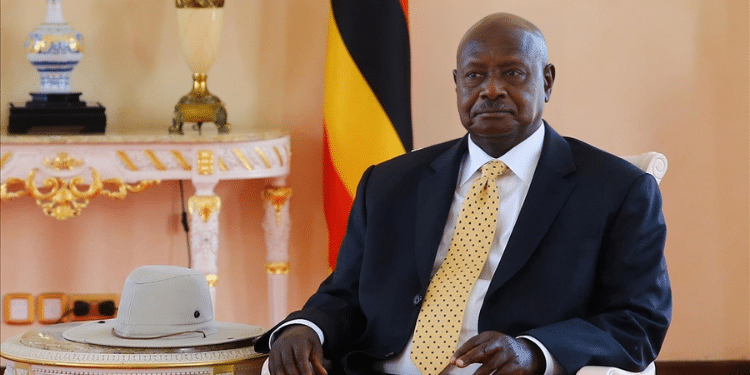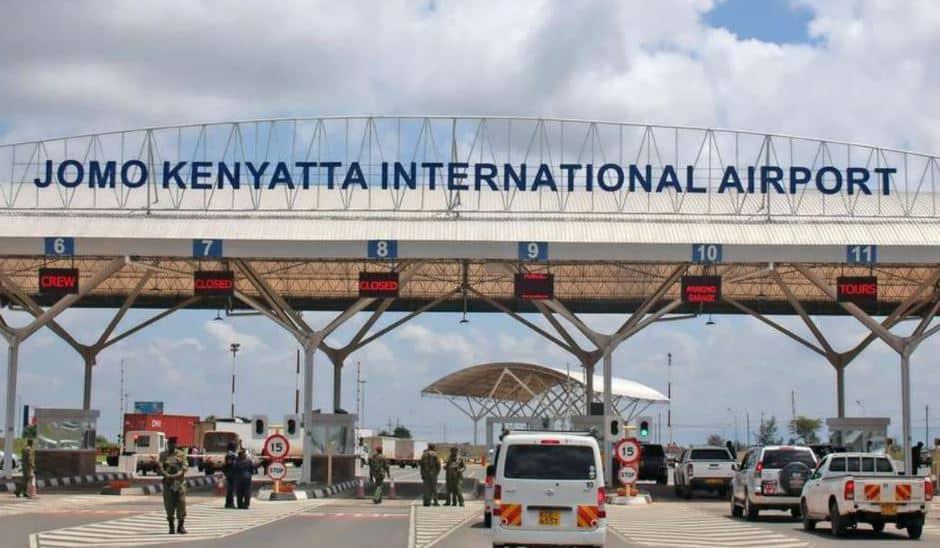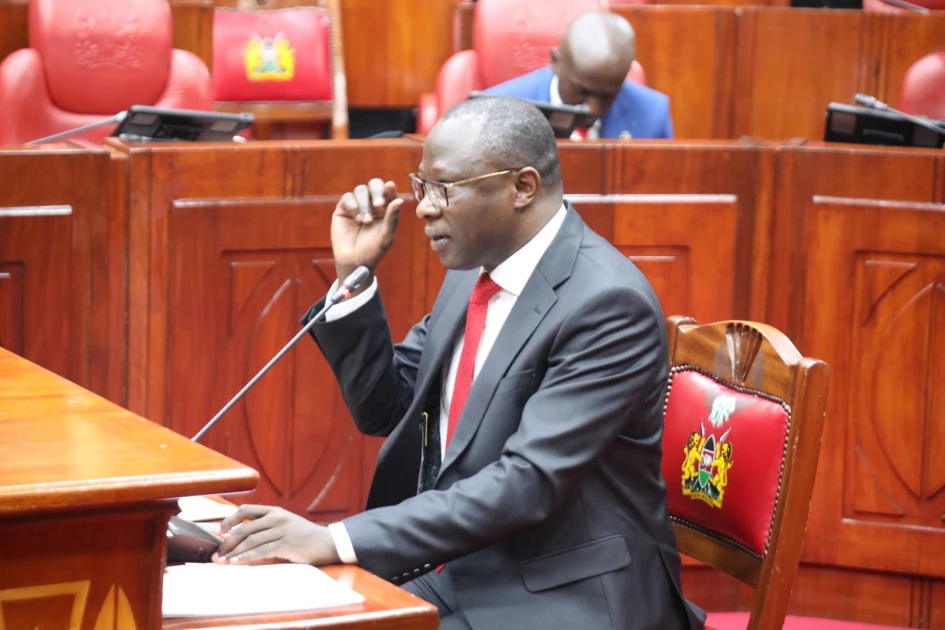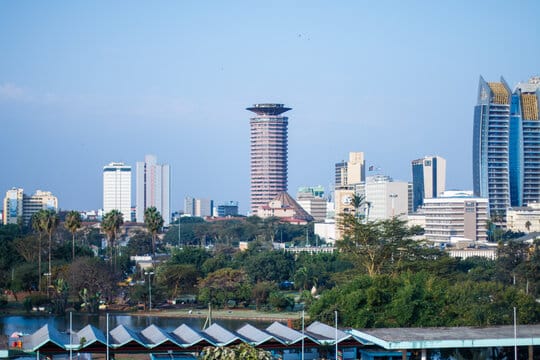The Kenyan economy is the largest in East Africa according to the National Treasury. However, in recent times, investors have been avoiding Kenya as an investment hub due to the shaky economic landscape.
The recently ended Covid-19 pandemic, rising inflation and the depreciating shilling has put off investors from the country.
For instance, in the past 9 months, more than six thousand investors who accounted for forty two percent of the stakeholders in the Nairobi Securities exchange exited the exchange.
As a result, Kenya’s woes have opened doors for other East African countries to welcome investors fleeing the country’s tough economic landscape.

One of these rising investment hub stars is Rwanda. Notably, in 2021, a report released by the Rand Merchant Bank ranked Rwanda fourth in investment attractiveness in Africa.
The same report ranked Kenya ninth in the list of most attractive investment destinations in Africa.
This therefore begs the question of, why is Rwanda a better investment destination than Kenya?
What Makes a Country an Attractive Investment Hub
Investors select countries based on how easy it is to do business there, including looking at the economic growth and business development of the country.
However, these factors are highly dependent on the business climate created by socio-economic policies and political decisions of governments.
Additionally, countries that provide better public goods and services such as roads, water, and electricity and offer business-friendly policies attract more investments and businesses.
Also Read: How Rwanda is Using Drones to Fight Crimes
This is because the policies protect the rights of business enterprises, as well as workers, consumers, and the environment.
Consequently, World Bank’s Ease of Doing Business report in 2020 ranked Rwanda position 38 out of 190 economies worldwide.
Here are some of the policies in Rwanda that have benefited and attracted investors.
Tax Exemptions in Rwanda
In Rwanda, newly formed small and medium sized enterprises have a trading license exemption that is valid two years after the launch of the businesses.
“Non-commercial State organs, as well as small and medium enterprises during the first two years following their establishment, are exempted from trading license tax,” reads the law as postulated by Rwanda Revenue Authority.
This makes starting a business in the hilly East African country easier for business owners and investors.
Notably, Kenya also has tax incentives for businesses set up in the country. However, these incentives are not as attractive as those in Rwanda.
For instance, medium and small sized businesses (MSMEs) in Kenya earning below one million Kenya shillings are exempt from turnover tax.
This is to cushion them against the negative impact of the COVID-19 pandemic.
However, MSMEs exempted from turnover tax are still required to declare and file their corporate tax returns.
Issuance of Construction Permits in Rwanda
People who want construction permits in Rwanda have access to the information in their online-based Building Permit Management Information System.
This allows them to monitor the progress of their construction permit request.
As such, this is unlike before when the access to building permit information in the system was a preserve of an architect or engineer working on a resident’s construction project.
Consequently, Rwanda has an accelerated process for acquiring water and sewage connections as well as the enhancement of building quality control.
This is through mandatory liability insurance which is a requirement for all construction professionals.
In comparison, in Kenya, the county governments oversee the issuance of the construction permits.
However, one must register the project with the National Construction Authority which issues compliance certificates to enable one to commence construction works.
Lack of Restrictions on Foreign Ownership
Foreign ownership refers to the ownership or control of assets, businesses, or property by individuals, entities, or governments from another country.
However, in Rwanda, there are no restrictions on foreign ownership.
Rwanda has neither statutory limits on foreign ownership or control nor any official economic or industrial strategy that discriminates against foreign investors.
Therefore, local and foreign investors have the right to own and establish business enterprises in all forms of remunerative activity.
This in comparison to Kenya is an attractive policy.
Also Read: Top Kenyan Companies That Have Warned Investors So far and Why
In Kenya, foreigners may only hold land based on a leasehold tenure.
Leases granted to non-citizens may not exceed a period of 99 years. This is stipulated in the Land Control Act.
“A person who is not a citizen may hold land on the basis of leasehold tenure only, and any such lease, however granted, shall not exceed ninety-nine years,” the act cites.
Furthermore, dealings in agricultural land are controlled in Kenya by the Land Control Act.
However, a foreigner may register a branch company in Kenya as there are no restrictions on registering a company in the country even if all the shareholders are foreigners.










































































